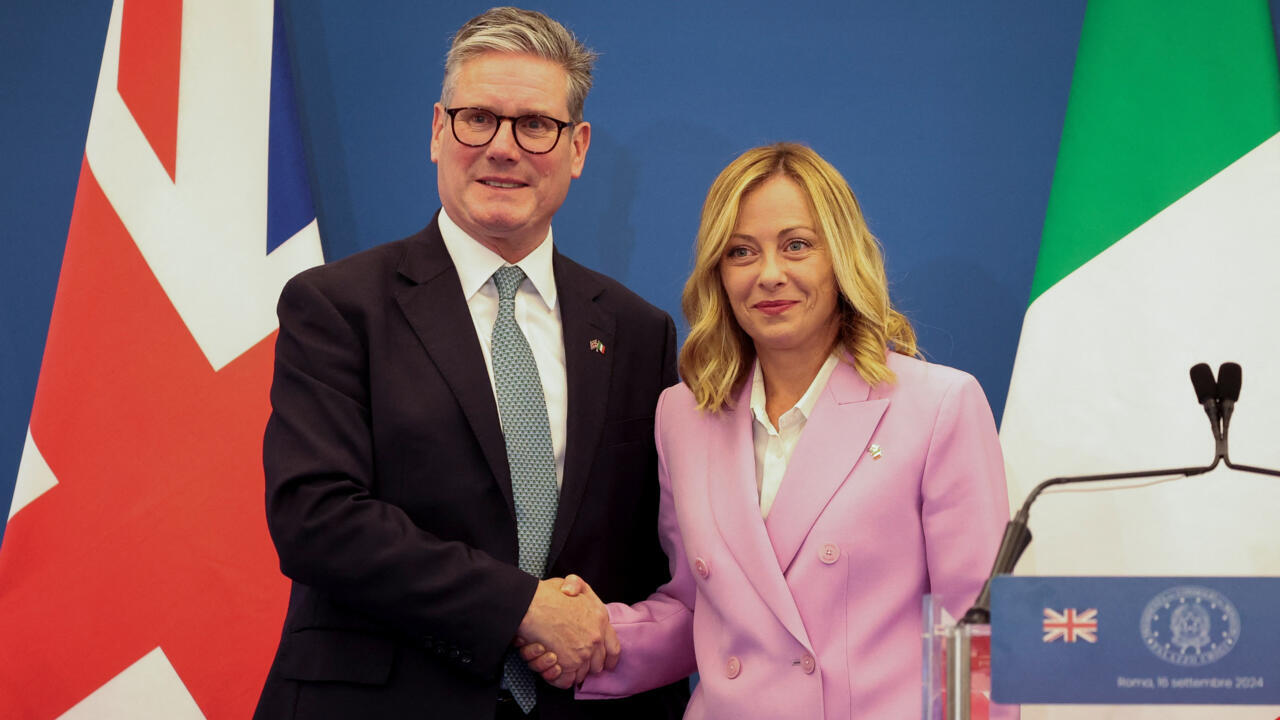
NGOCSTIP – Rome Summit Advances Trafficking Prosecution through a powerful international collaboration among twelve countries. From February 3 to 6, the Global Consortium on Prosecuting Human Trafficking brought together experienced prosecutors and legal experts in Rome. Their shared goal was to exchange strategies and strengthen international cooperation against human trafficking crimes. During the summit, representatives from nations across Africa, Asia, Europe, and the Americas gathered to learn from each other. Legal teams explored how data and victim-focused methods can increase the effectiveness of prosecution. By highlighting shared challenges and solutions, the event set a new tone for collaborative legal action.
Prosecutors from countries such as Uganda, Italy, the Philippines, and the United States presented recent case experiences. The focus was on criminal network mapping, use of financial evidence, and ethical approaches to victim engagement. Each session offered detailed techniques for effective investigation and legal follow-through. Several model strategies were introduced by working groups. These included the use of trauma-informed interview protocols and clear procedures for protecting victim identities in court. Attention was given to ensuring survivor dignity while maintaining the strength of legal arguments.
“Read about: British Lawmakers Target Exploitation: Bill Aims to Criminalize Pimping Platforms”
One of the key values highlighted during the Rome Summit Advances Trafficking Prosecution focused on placing survivors at the center of justice processes. Legal teams shared practical tools to support victims and avoid re-traumatization. Participants explored legal frameworks that help protect survivors from prosecution when traffickers forced them to commit crimes. This victim-centered perspective shapes every stage of modern prosecution. Legal professionals treat survivors as individuals who deserve protection and care, not just as sources of testimony. Support systems offer emotional care, safe housing, and long-term legal aid to ensure survivors receive full access to justice.
Participants also discussed the role of data in improving legal outcomes. Legal teams enhance prosecutions through consistent case tracking, evidence mapping, and coordinated use of national databases. Trainers guided participants in analyzing digital footprints from trafficking networks, including bank transfers and encrypted messages. Although trafficking cases often involve complex and cross-border elements, digital tools help law enforcement trace movements, financial flows, and network links more efficiently. Speakers highlighted the importance of handling digital evidence with care and precision.
One of the greatest outcomes of the summit involved the expansion of cross-border legal relationships. Organizers encouraged both formal and informal partnerships through structured networking sessions and one-on-one case clinics. Prosecutors from different continents exchanged contacts, shared best practices, and aligned protocols to prepare for future cooperation. To support this growing network, the summit team introduced a secure digital portal. This tool gives prosecutors access to multilingual legal documents, case submission templates, and a global calendar of events related to trafficking justice.
“Read more: Toxic Childhood: Sweden’s PFAS Crisis Threatens Newborn Health”
Capacity-building programs took center stage as another essential topic at the summit. Organizers planned a new wave of training for early-career prosecutors. These workshops aim to strengthen ethical legal skills, increase awareness of victim support, and enhance investigative techniques. Regional hubs will host the sessions and offer hybrid formats to ensure broader access. Survivor advocates and forensic investigators work together with legal trainers to create relevant materials. The program seeks to drive long-term change in how legal teams handle trafficking cases from discovery to final judgment.
Justice in trafficking cases cannot stand alone. That message was emphasized by every expert throughout the summit. Legal success depends on collaboration with medical staff, mental health experts, NGOs, and shelter systems. Courts cannot operate in isolation when victim recovery is part of the mission. Delegates proposed integrated systems where updates from courts are shared with support teams. Such systems make sure survivors receive consistent care, including legal updates, counseling access, and protection against retaliation.
The Rome Summit did not end the effort. Instead, it launched global legal campaigns that target trafficking networks at their core. Multinational teams now plan regional interventions across Africa, Asia, and Latin America. These teams coordinate legal strategies, exchange intelligence, and track new prosecution leads. Each country prepares to publish progress reports every year. Organizers will hold digital forums to maintain international dialogue. They also plan follow-up events to support ongoing learning and monitor real-world implementation.